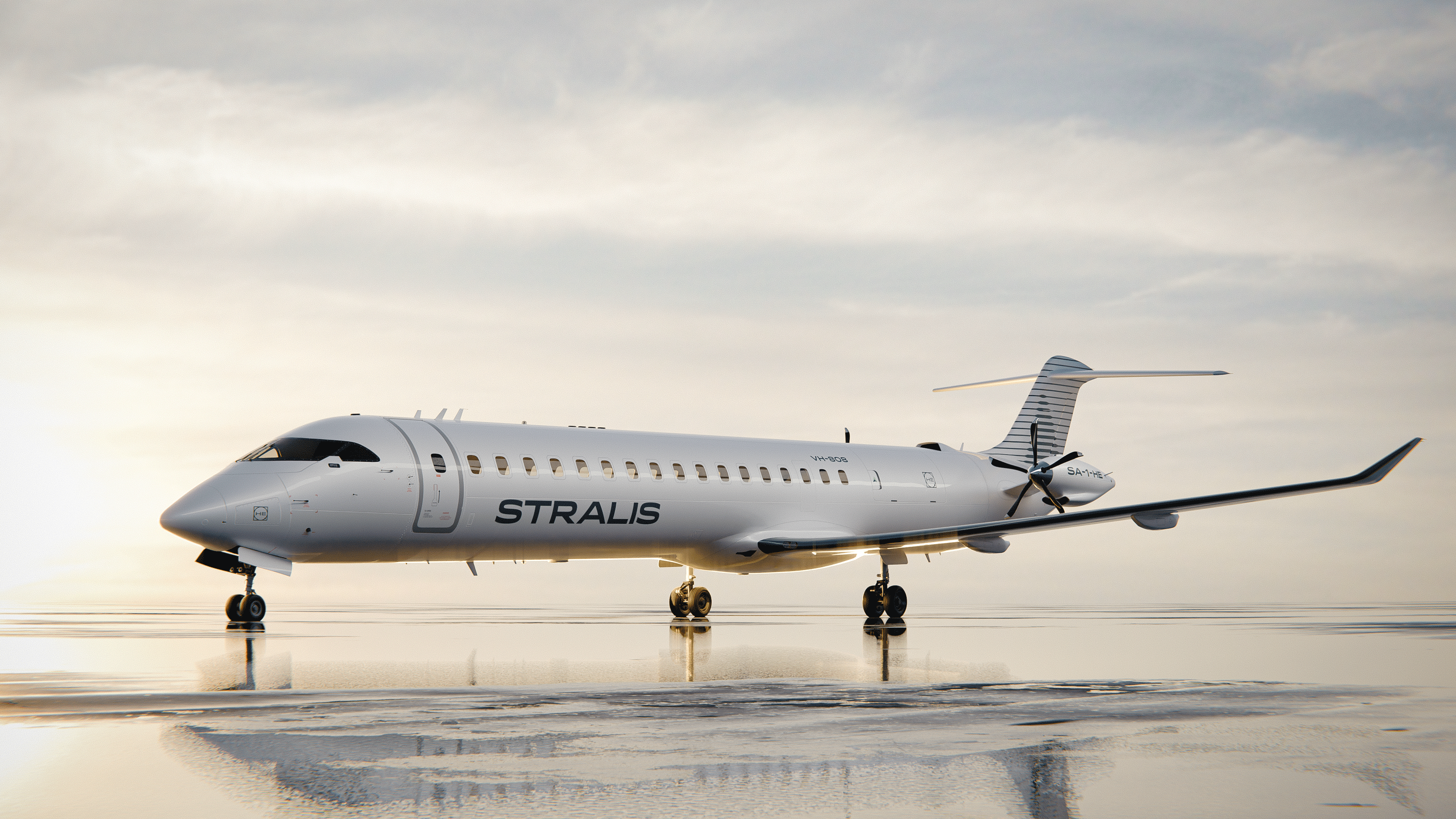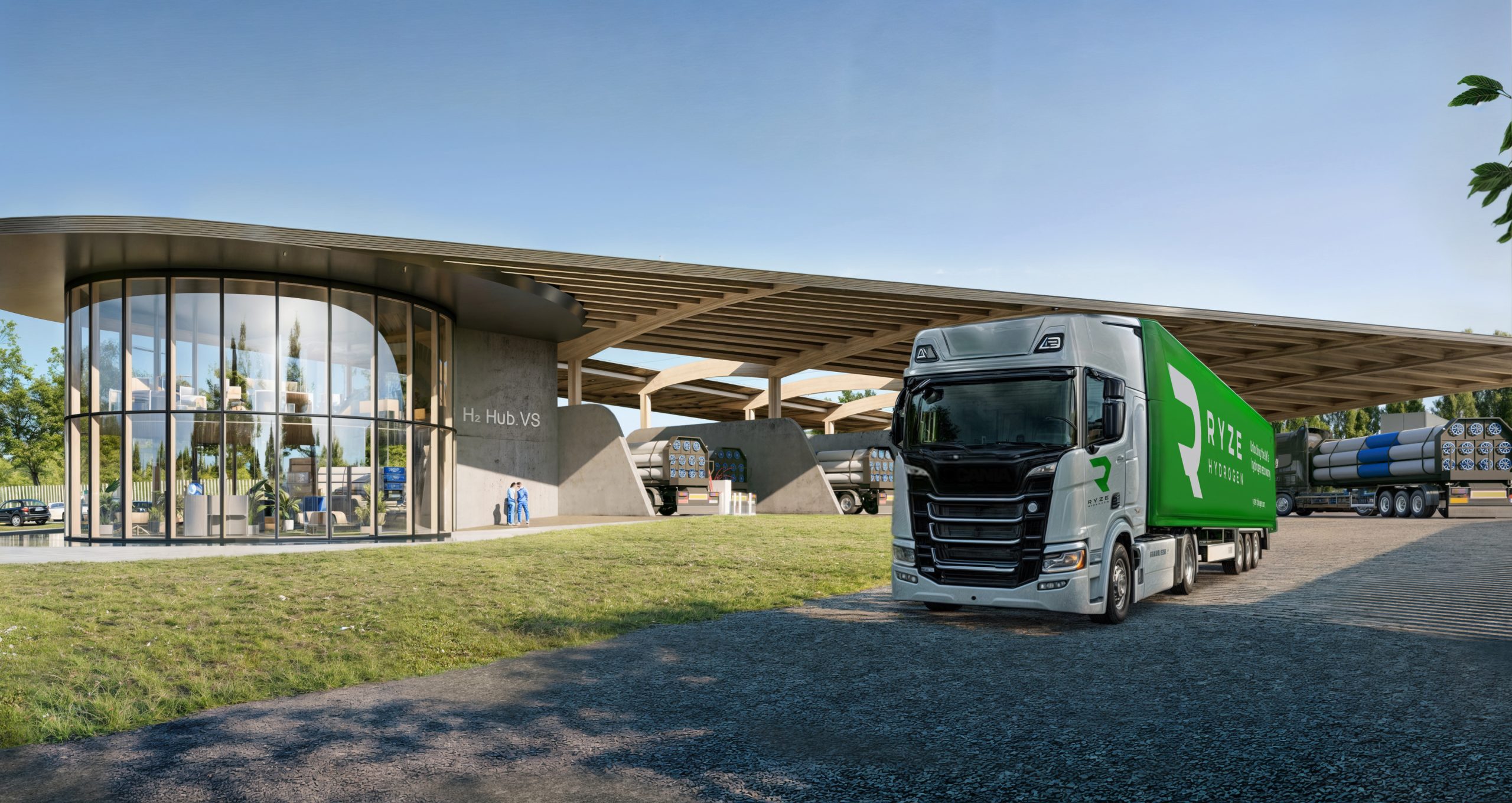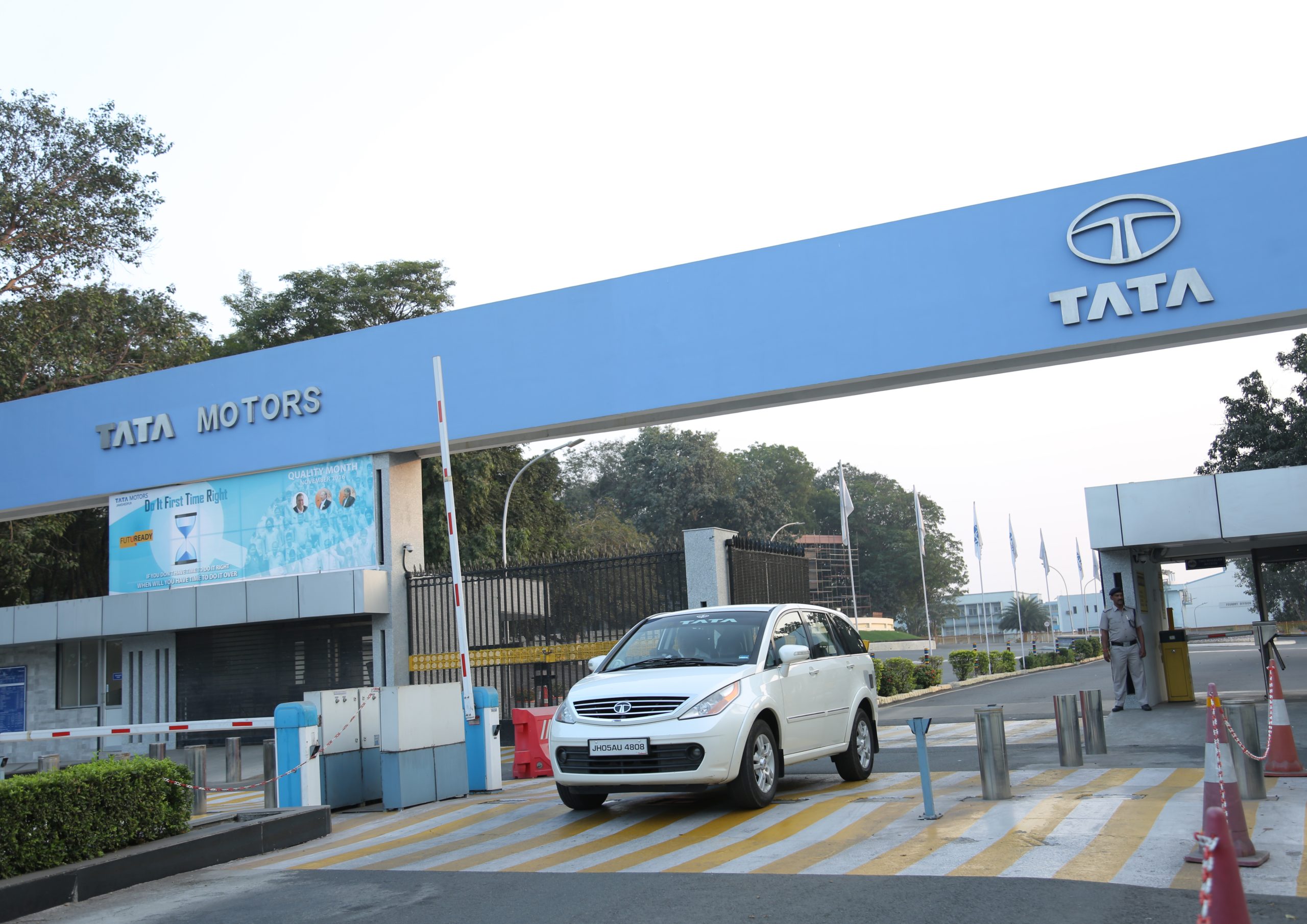Stralis Aircraft prepares for maiden hydrogen-electric flight

The maiden 500km test flight has been scheduled for late 2025.
An Australian aviation start-up with some “pretty audacious ideas” has teamed up with a regional university to get a new hydrogen-electric aircraft off the ground.
It is hoped the partnership between Stralis Aircraft and Central Queensland University (CQUniversity) will demonstrate that it is possible to decarbonise aviation for a cleaner future. Both are members of the Hydrogen Flight Alliance.
The hydrogen-electric plane, a Bonanza A36 named ‘Clyde’, is preparing to set off for its maiden flight for some 500km (approximately 310 miles) from Gladstone to Brisbane, with take-off planned for late 2025.
Stralis is developing long-range hydrogen-electric propulsion systems for aviation with the aim of manufacturing in Queensland.
The project is being supported by the Regional University Industry Collaboration (RUIC) Program, and is focused on designing a heat management system for a high temperature proton-exchange membrane fuel cell (HT-PEMFC) system that will help accelerate Stralis’ efforts to integrate the fuel cell into their hydrogen powered aircraft.
Stuart Johnstone, Chief Technical Officer and Co-founder of Stralis Aircraft, welcomed the collaboration, and said: “Stralis was pleased to have secured matched-funding through the RUIC Program to work in collaboration with CQU to design a cooling system for our unique high-temperature PEM fuel cells.”
CQUniversity’s Professor in Hydrogen, Jonathon Love, added: “University research can play a vital role in supporting the ambitions of local innovation start-up companies.”
Funded by the Queensland Government and delivered by Australia’s national science agency, CSIRO, the RUIC Program connects small to medium enterprises, with regional universities to undertake collaborative research partnerships across Queensland.

